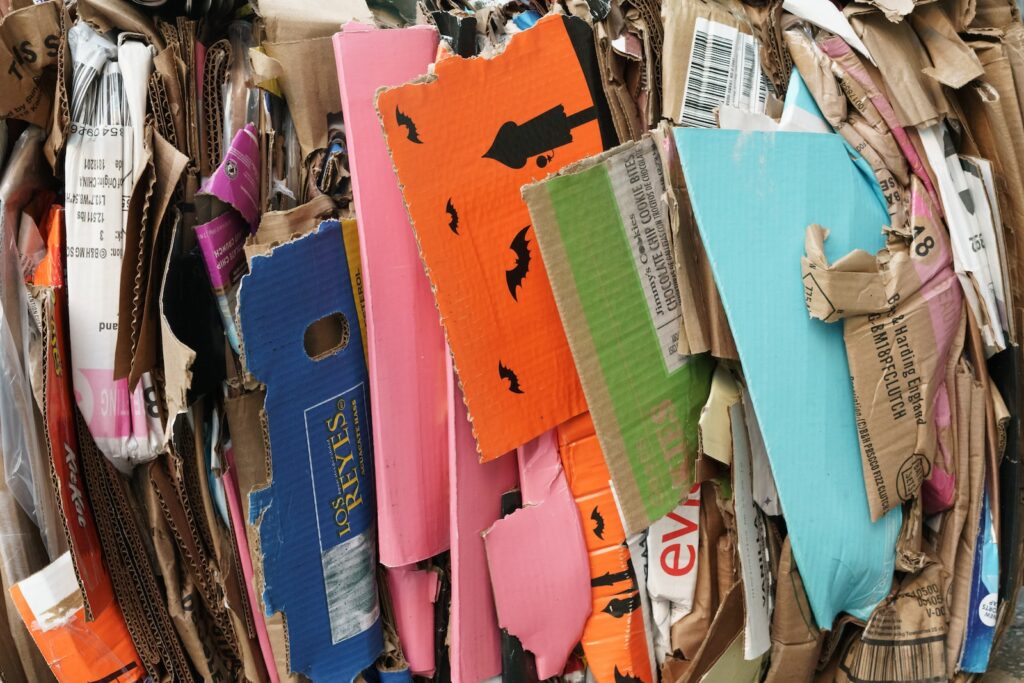Domestic tension caused by 9m who reject recycling rules
White the vast majority of Britons do sort their rubbish streams out in a bid to help the environment, a significant minority do not, leading to family and neighbourly strife.
Recycling has been dominating headlines recently, with the UK Government announcing plans for a national waste collection scheme across all regions of England in a bid to make processes clearer. Now, a leading name in the sector has unveiled the results of a new study which shows the social impact of failing to do the right thing.
According to recycling giant DS Smith, 79% of people in Britain find themselves at odds with their neighbours or family members when it comes to what they throw away. Overall, some 9m people in the country still do not engage with recycling, with 33% of respondents citing a lack of necessary space or access to bins as a leading cause of their negligence.
The issue is particularly prominent among those living in flats or other addresses with communal bins, who are 25% more likely to encounter obstacles and problems than those who have their own private bin. This could mean finding paper trash contaminated because someone has thrown an aluminium can in the wrong container. Or it could mean finding the bin overflowing forcing them to keep items at home, with some 7.8m thought to be ‘folding-phobic’: a loose term for people who fail to fold cardboard in a bid to maximise space in their bin.
Cardboard is causing particular issues with 60% of people now admitting to ‘hoarding’ the stuff because they cannot fit it into bins. This is due to a number of reasons, including an increase in home deliveries that began in the pandemic, and an active decision to prioritise products packaged in cardboard over plastic in a bid to be more environmentally-friendly.
Proximity to bins, and adequate provision of bins, is also leading to serious problems for some. While the survey results highlight a different set of obstacles to improving recycling rates in the UK, they support the evidence presented in a previous study by Barratt Homes. The latter found that 71% of Britons find recycling processes to confusing, with less than 1/10 sure on what items go into which bins.
Image: Michael Jin

















